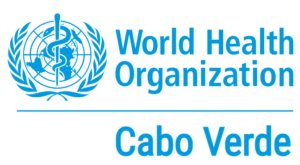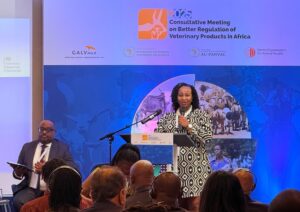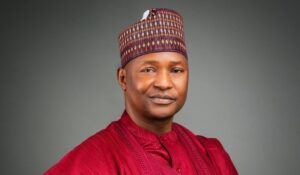
The United Nations Children’s Fund (UNICEF) has called for urgent action to create sustainable and inclusive community-based support systems that prioritise breastfeeding, especially in underserved areas.
Mr Muhammad Okorie, UNICEF’s Social Policy Manager and Officer-in-Charge of the Lagos Field Office, made the call in Benin on Monday during an interview with the News Agency of Nigeria (NAN).
Okorie spoke as Nigeria joins the rest of the world to mark the 2025 World Breastfeeding Week with the theme “Prioritise Breastfeeding: Create Sustainable Support Systems.”
He stressed that enabling mothers to exclusively breastfeed their babies was not just a matter of personal choice, but a systemic issue requiring the commitment of multiple stakeholders.
”There is a critical need to strengthen systems that support mothers to breastfeed successfully. We must ensure that this system exists, from the family to religious institutions, healthcare systems, workplaces and communities, every actor must play a role,” he said.
According to him, while UNICEF plays a catalytic role in advocating for child health and nutrition, breastfeeding outcomes are shaped significantly by social norms and cultural practices.
Read Also: Nigeria making progress in humanitarian crisis- UNICEF
”Some mother-in-laws still insist newborns be given water, even when science has shown that breast milk alone contains all the nutrients; water and antibodies a baby needs in the first six months.
”The entire community must ensure that harmful practices are challenged, and the breastfeeding environment is enabled.”
The UNICEF’s Social Policy Manager revealed that the organisation had been supporting the government at federal, state, and local levels to raise awareness, bust myths, and train health workers on how best to support mothers.
Okorie also said that the agency worked with antenatal and postpartum services to ensure mothers get practical support through their breastfeeding journey.
”One of the key policy areas UNICEF is championing is the extension of paid maternity leave across both public and private sectors.
”Some states like Lagos have reviewed maternity leave duration from four to six months, which is commendable, however, the private sector is often left out.
”This week is a perfect opportunity to advocate for inclusive legislation that ensures private-sector employees also benefit,” he said.
He added that even when women return to work, workplaces should offer breastfeeding-friendly environments.
”Many organisations don’t have breastfeeding rooms or crèches, which adds to the burden of nursing mothers.
”There’s a need for peer support groups, breastfeeding corners, and enabling work spaces. All of this is essential to help women meet the target of exclusive breastfeeding,”he further said.
Okorie also stressed the importance of early initiation, adding that a child deserved and had the right to be put to the breast within the first one hour of birth.
”That first breast milk is not just food, it is the child’s first vaccine and the first bond of love,” he said.
(NAN)








